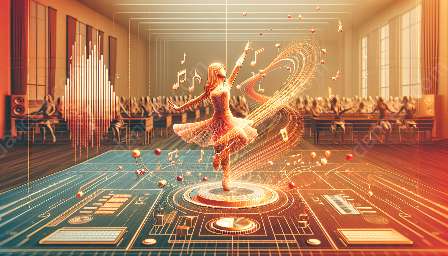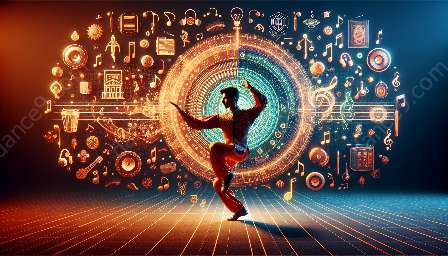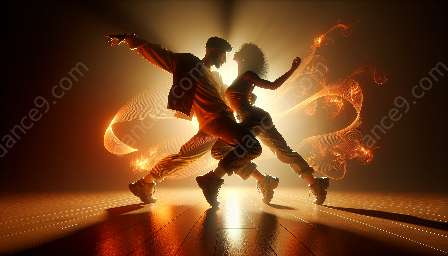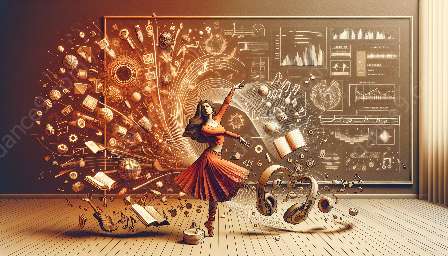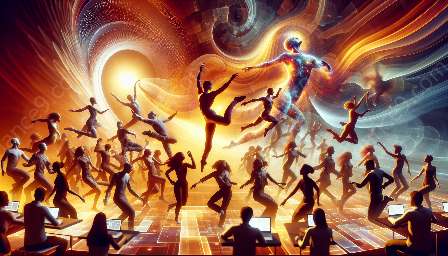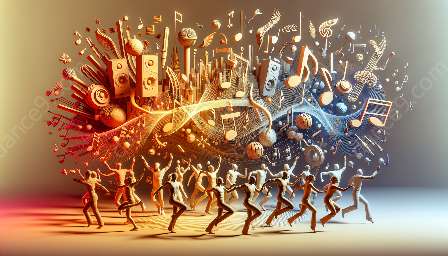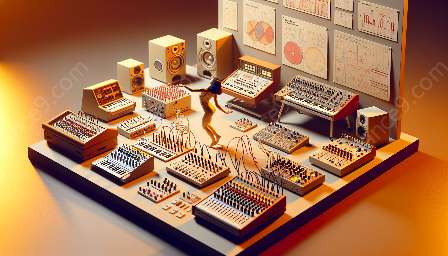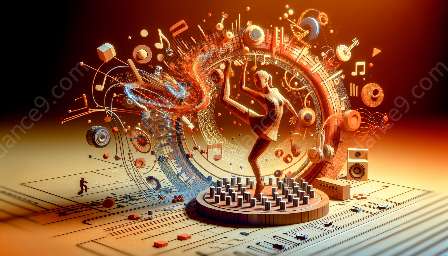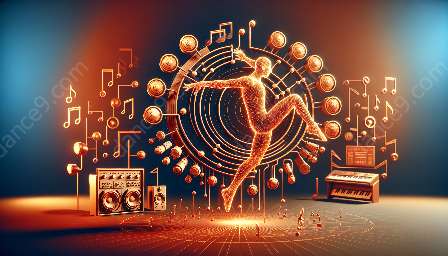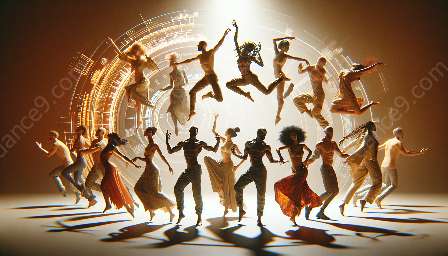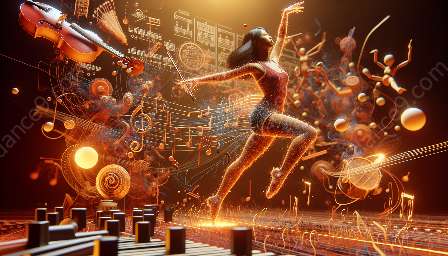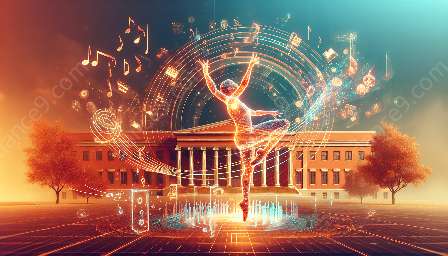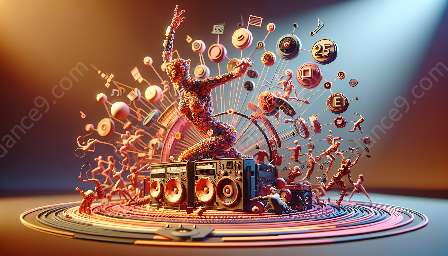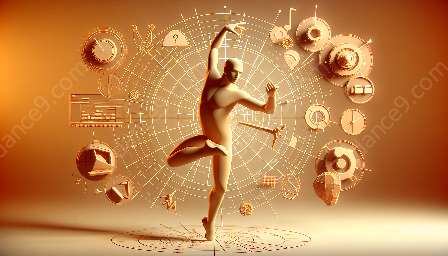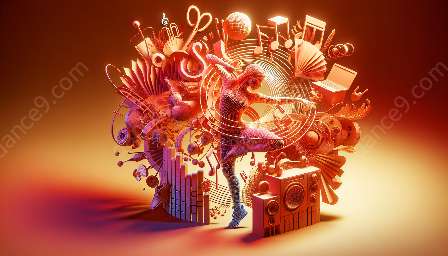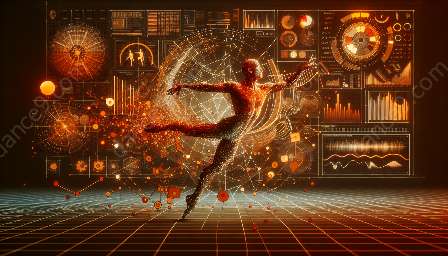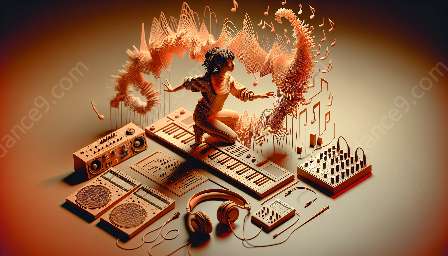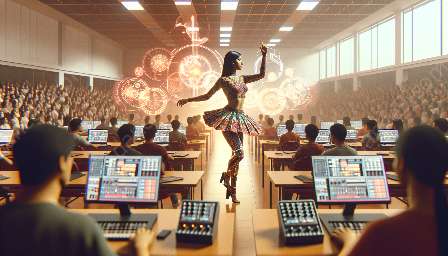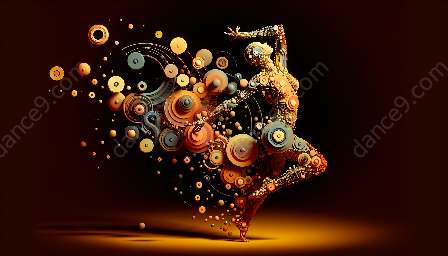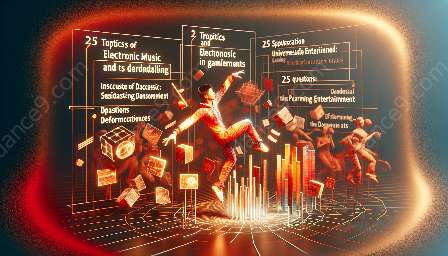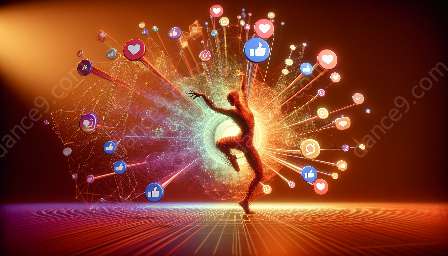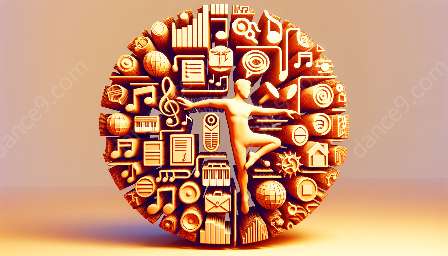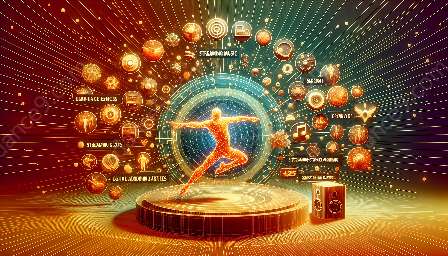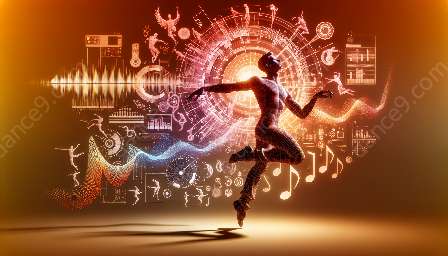Electronic music has become a central element in the world of dance, with its complex beats, pulsating rhythms, and hypnotic melodies. This unique genre of music has a profound impact on the psychological state of individuals engaged in dance and electronic music creation. By understanding the psychological effects of electronic music in dance, we can explore its influence on creativity and the emotional and physical well-being of dancers and musicians.
Emotional Impact
Electronic music in dance has the power to evoke a wide range of emotions, from euphoria and excitement to introspection and melancholy. The repetitive beats and hypnotic patterns can induce a state of trance, allowing dancers to enter a heightened emotional and sensory experience. The combination of electronic music and dance movements creates a cathartic and liberating outlet for emotional expression, leading to a sense of release and freedom.
Creativity and Inspiration
The fusion of electronic music and dance can inspire creativity and innovation in the creation of both music and dance movements. The intricate layers of sound and rhythm in electronic music challenge dancers and musicians to explore new forms of expression and push the boundaries of traditional dance and music composition. The dynamic relationship between electronic music and dance fuels a reciprocal exchange of creative energy, leading to the emergence of new artistic trends and movements.
Physical Well-Being
The pulsating beats and infectious tempo of electronic music have a direct impact on the physical well-being of dancers. The high-energy nature of electronic music drives dancers to engage in vigorous movements, promoting cardiovascular health and physical endurance. Dance to electronic music also serves as a form of exercise, contributing to improved flexibility, coordination, and overall physical fitness.
Mental Relaxation and Stress Relief
Engaging in dance to electronic music can provide mental relaxation and stress relief. The rhythmic patterns and harmonious melodies of electronic music create a meditative and therapeutic environment, allowing individuals to escape from everyday stressors and achieve a state of mental clarity and tranquility. The immersive experience of dance and electronic music offers an opportunity for individuals to unwind, rejuvenate, and recharge their mental well-being.
Social Connection and Community
Electronic music in dance fosters a sense of social connection and community among individuals. The shared experience of dancing to electronic music creates a bond that transcends cultural and social barriers, bringing people together in celebration of music and movement. The collective energy and synergy of the dance community amplify the psychological effects of electronic music, reinforcing a sense of belonging and unity.
Conclusion
The psychological effects of electronic music in dance encompass a broad spectrum of emotions, creativity, physical well-being, mental relaxation, and social connection. As a pivotal force in shaping the psychological landscape of individuals engaged in dance and electronic music creation, electronic music continues to inspire, uplift, and transform the lives of people around the world.


